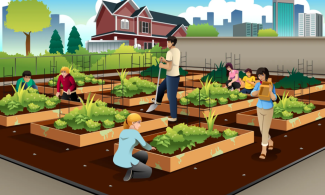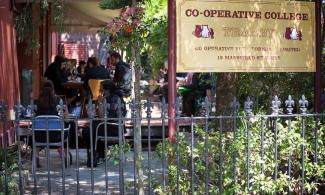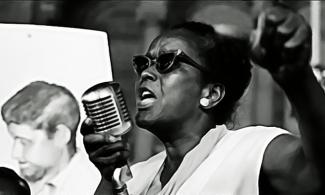Indianapolis to criminalize mutual aid distribution
The Indianapolis City-County Council is targeting mutual aid services under the guise of concerns for litter and potential violence. Sponsored by Councilors Zach Adamson, Kristin Jones, and Vop Osili, Proposal 256 will take effect in October, if passed. It imposes criminal charges and fines on anyone doing charitable distribution to 10 or more individuals on city property or public sidewalks without a permit.






